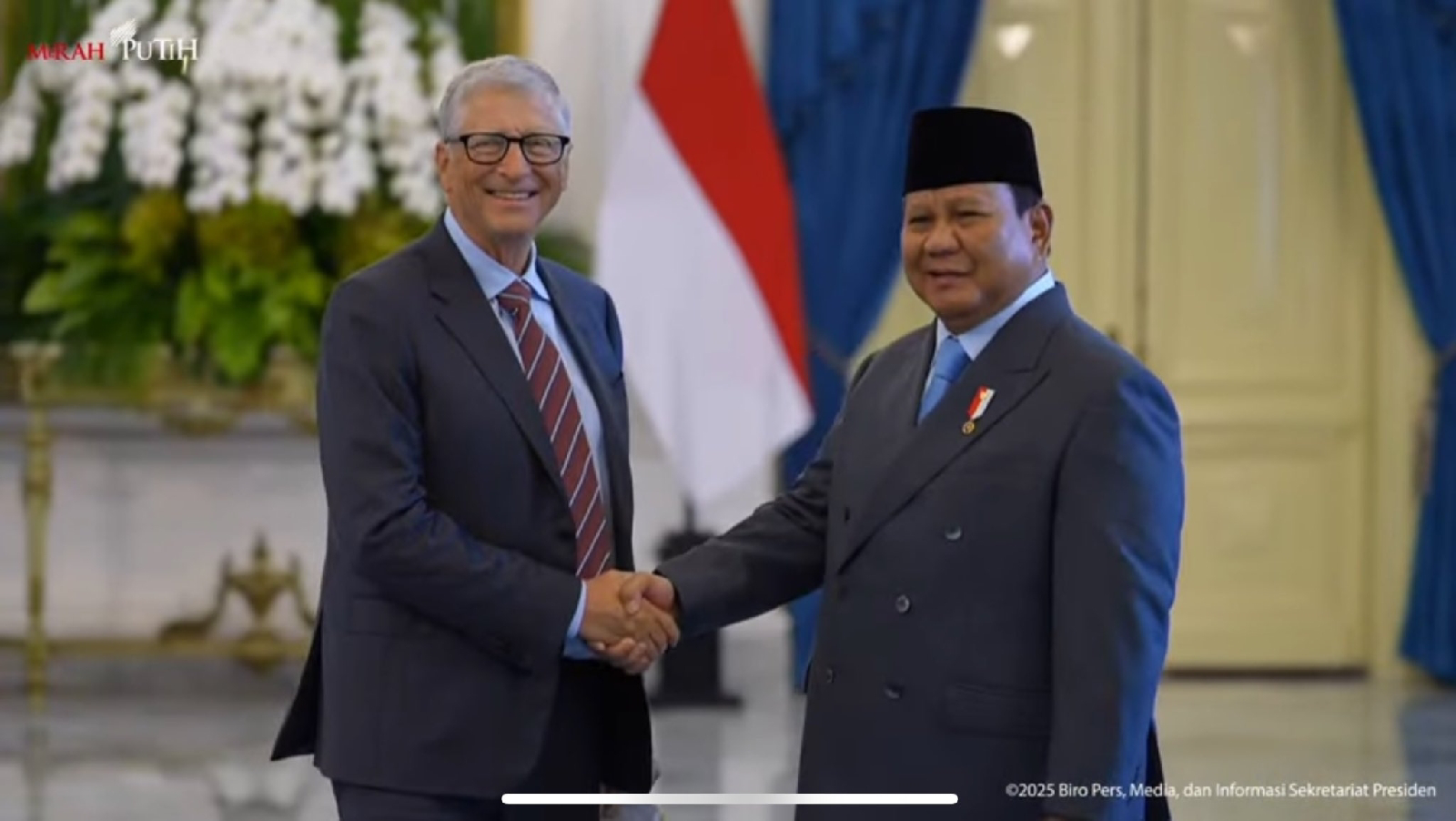Indonesia and the M72 Tuberculosis Vaccine Trial: Between Public Health Challenges and Global Opportunities
The recent visit of Bill Gates to Indonesia has sparked diverse public reactions. One of the key highlights of his visit was the ongoing clinical trial of the M72 tuberculosis (TB) vaccine, which is being conducted in Indonesia alongside several other countries such as India and South Africa.
Given that Indonesia bears the second-highest burden of TB cases globally, its involvement in this clinical trial is hardly surprising. On the contrary, it reflects Indonesia’s strategic role in the global effort to address a disease that continues to pose a significant threat to public health.
But does this mean Indonesia is merely a “testing ground”?
The answer is far more nuanced. The M72 vaccine trial is conducted under rigorous ethical standards and strict oversight, in accordance with the Indonesian Food and Drug Authority (BPOM) regulations and international clinical research protocols. Participants are involved voluntarily, through an informed consent process, and are closely monitored throughout the study.
The M72 vaccine itself is designed to protect individuals aged 15–50 from pulmonary TB. It has shown promising results in earlier phases, demonstrating up to 50% efficacy. The current phase 3 trial aims to strengthen the evidence base for the vaccine’s safety and effectiveness before it is approved for mass production—tentatively scheduled for 2029, contingent on the trial’s success.
Naturally, another question arises: Why is the manufacturing facility being established in Singapore rather than Indonesia?
The reasoning is largely strategic. Singapore was selected due to its regulatory efficiency, political stability, and its established role as a regional hub. Nevertheless, this does not negate Indonesia’s significance in the process. On the contrary, Indonesia’s active involvement in the trial positions it as a strong candidate for future vaccine production, further research collaboration, and regional distribution.
This is not merely a foreign-led initiative passing through. It marks a pivotal moment where Indonesia contributes meaningfully to shaping the trajectory of global health policy.




Comments
Post a Comment